The Wisconsin School System: Changes Required

Picture of the front of SPASH. Photo credit to Landen Maas
December 19, 2022
Feeling lost and unsure about what you want to be when you grow up? Look no further; as K-12 education in Wisconsin is what you need to be successful! Or is it? Students including myself are starting to question strategies that the Wisconsin School System presents in order to make a child/teen successful later in life. I argue that the problems with the Wisconsin School System are: The grading system, the curriculum, and the credit graduation requirements.
Letters Above Learning
First off, students are being affected by the grading system because it teaches them to be perfect even though the system isn’t. The letter grade system dates all the way back to 1785. Obviously things have progressed since then, but to what extent? Students are still being judged based on what shows up on their report card. While it is easy to define a student based on their GPA, every school district in Wisconsin creates their own curriculum.
Mr. Vollendorf, Principal of SPASH, states, “Just because you get an A or B in something doesn’t automatically mean you’ve mastered those skills. If you get an A on your transcript in your literature here at SPASH, and your friend who goes to [for example] Hudson or Eau Claire, take your pick, gets an A, does it mean the same thing? I don’t know.”
This supports the idea that grades for one student may show up as the same to another; but can mean different things depending on what district the student is being educated in. For example, a college may select a student because they got an A in their math classes over a student who got a B in another district. Even though the student that received the B was placed in a district with a more strict grading system, it is one of those “tough luck” situations.
Are We Done Yet?
Even if the grading system would be the same among districts, it does not change the fact that we as students are in school too long and are being taught irrelevant information. The credit graduation requirement, according to the Public Instruction Website for Wisconsin, is a 15 credit minimum with a pass of a civics exam. The website states that it is recommended by the state superintendent that schools require eight and a half more credits of electives; which is why SPASH has the 23.5 credit requirement. The only problem with this is that instead of graduating in two years, districts drag high school out for a typical four years. This is usually due to the amount of electives that students need to take per year.
Electives are an awesome way for a student to gain interest in fields they might not have been interested in before. While this is true, our core classes, English, Math, Social Studies, and Science, take too much time in our schedule. If we were to shorten the core classes we are required to take, it would leave more room for opportunities to take electives if needed.
You may be wondering, “How do we accomplish this?” The answer is simple: The curriculum regarding the core subjects taught in schools needs to be regulated. I conducted a survey/test that presented some interesting results. 22 teachers ranging from elementary level to high school level in the Stevens Point District took a test that evaluated their knowledge on topics taught in core subjects throughout our K-12 education. They then were asked how they felt about their performance and whether or not everything we learn in high school is relevant to life after high school.
Useful Skills or Useless Thinking?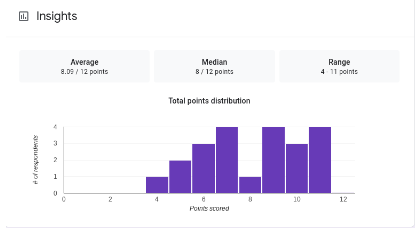
The average score for teachers was approximately 67%, which would be a D+ in the Stevens Point District. This would support the idea that a lot of things we learn in our K-12 education are not retained and therefore are somewhat irrelevant to our lives as we continue to college, the workforce, and/or other post-secondary options. The only relevant part about these topics are the skills that we learn from them: Many, if not all of the teachers stated in their reflection something along the lines of “critical thinking” skills being more important than the curriculum itself. Mr. Vollendorf supports the teachers’ responses when he states, “I would also suggest that, more importantly [than] content, our skills. Problem solving skills, communication skills [etc].”
Although skills we learn from school are important, it is difficult to agree with everyone because I truly believe students aren’t taught these skills as much as we should be. As a student, I find it very hard to “critically think” when I am taught a subject over a span of two weeks, tested on it, and then completely forget about it.
If the Wisconsin School System were to focus the standards for the curriculum towards the skills, K-12 education could easily be shortened exponentially and could allow students, for example, to become a doctor and save lives before they are over 30 years old. This could be done by regulating what the district teaches students and deciding whether or not certain subjects covered in core classes are relevant.
Overall, the Wisconsin School System is in dire need of regulation. The world is progressing and education needs to progress with it. Progression can be done by regulating curriculum and shortening high school; as well as getting on the same page with grading so equality between students can be conferred. It is a big topic with lots of obstacles but if we all come together, teachers, administrators, students, and even those within the communities of the state, change can and will be created in order to progress with the rest of the world. All it takes is one idea and a strong community to support it to make big things happen.




















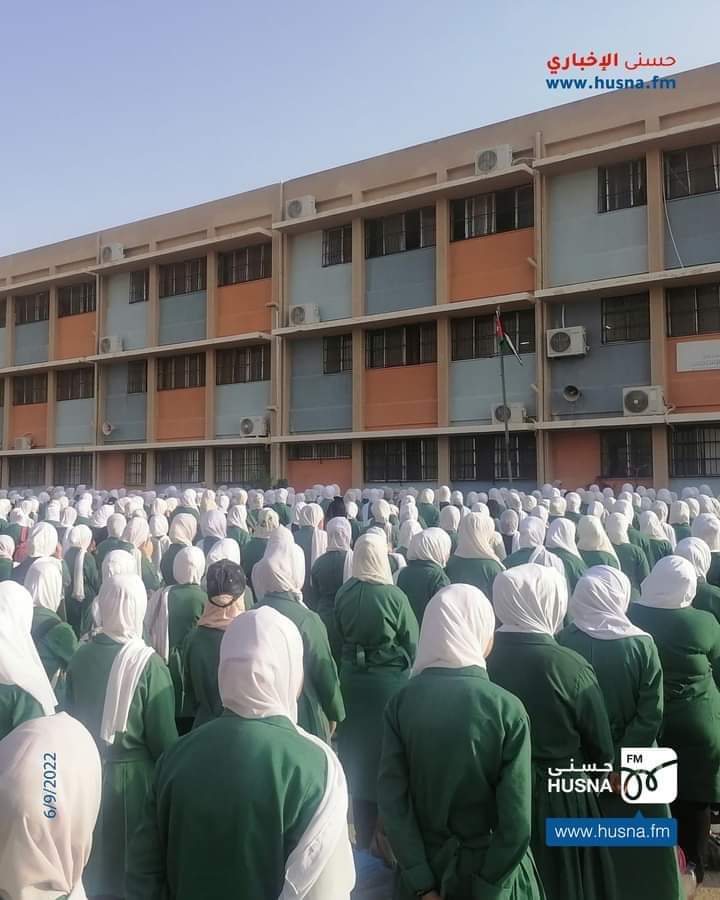




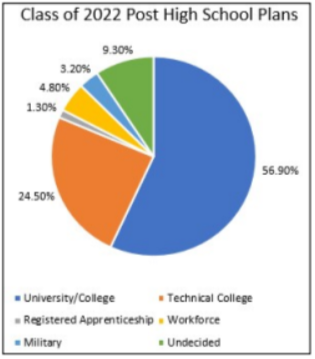
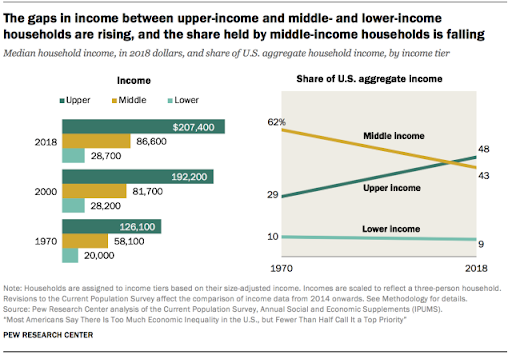











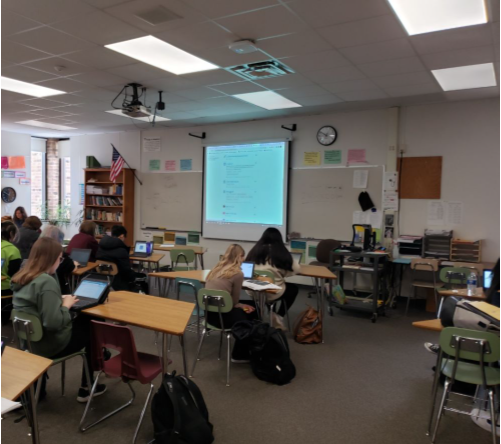
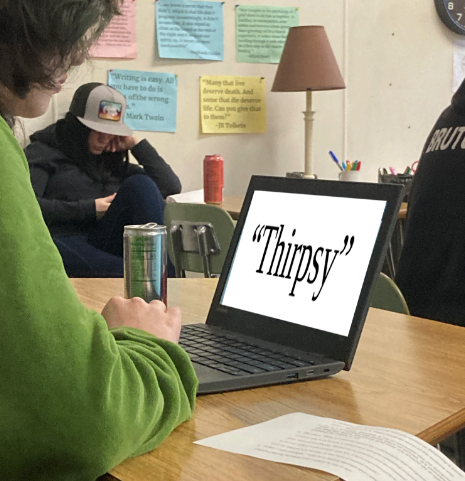







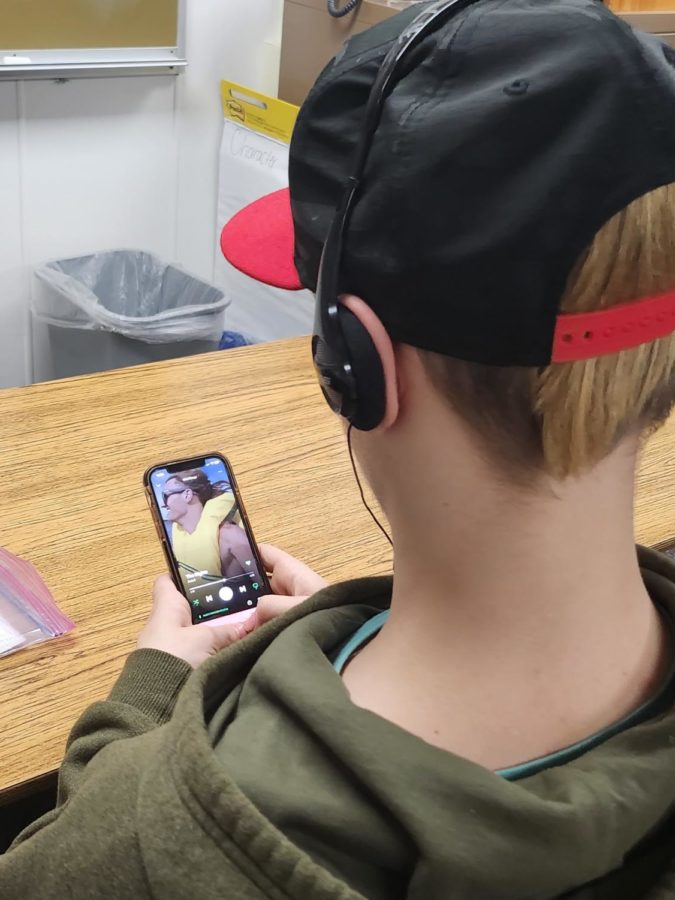











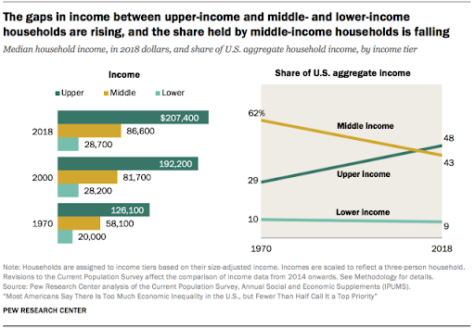

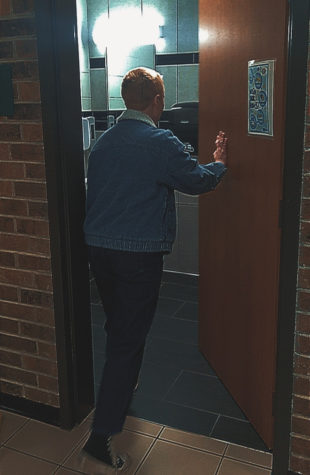

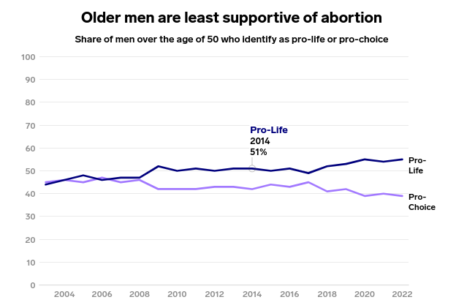
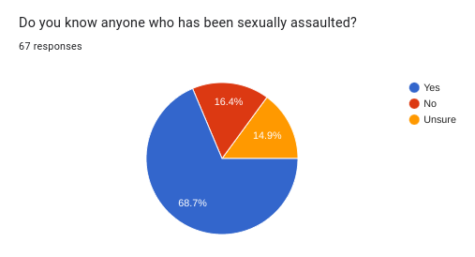
kenadee bailey • Jan 19, 2023 at 8:55 AM
Landen, I really liked how you laid everything out. I also really liked how you got the principal’s point of view on it too. I agree with this whole article, thank you for talking about an issue that some kids may be scared to debate.
Corinn • Dec 19, 2022 at 10:16 AM
I like how this is laid out, the facts are evenly presented and have a nice way of showing what each paragraph is talking about.
Draymond Green • Dec 19, 2022 at 9:23 AM
I like how you have a good layout. Everything’s all sorted, the headers are in place, and the grammar is on point. The numbers are just facts and never lie. And I like how you have the hook here.